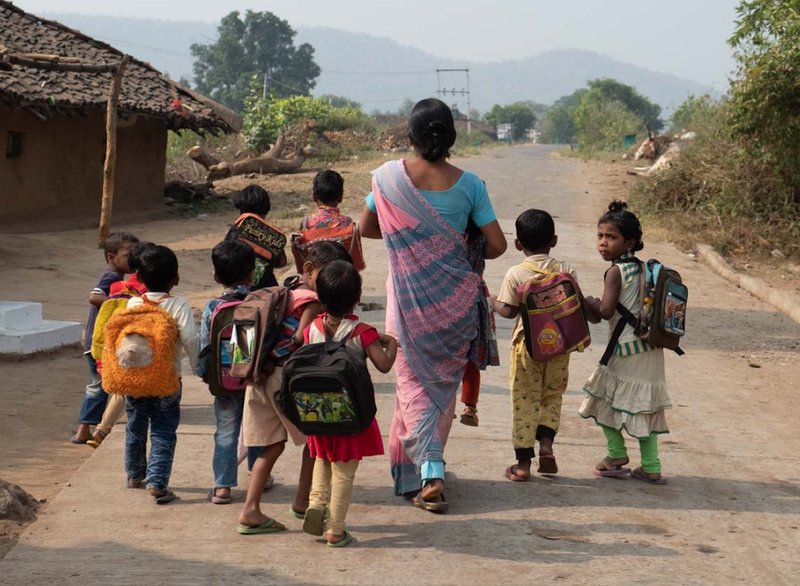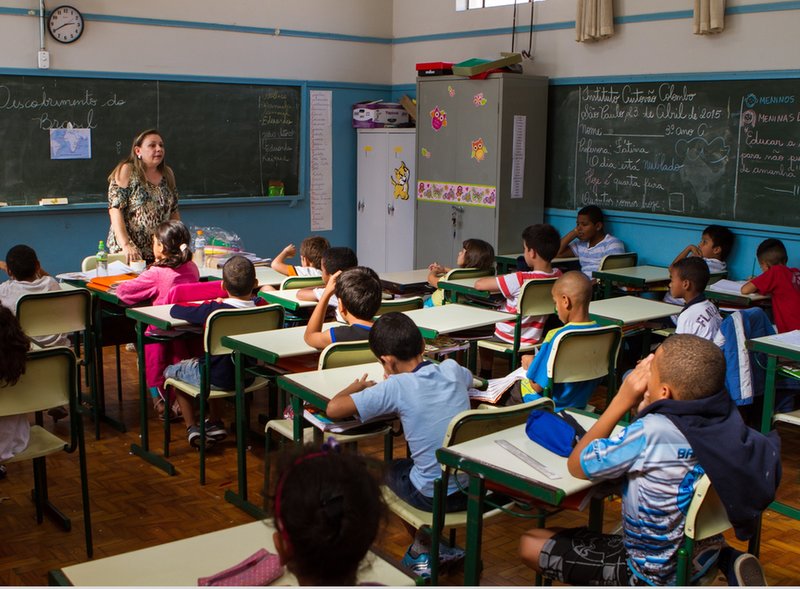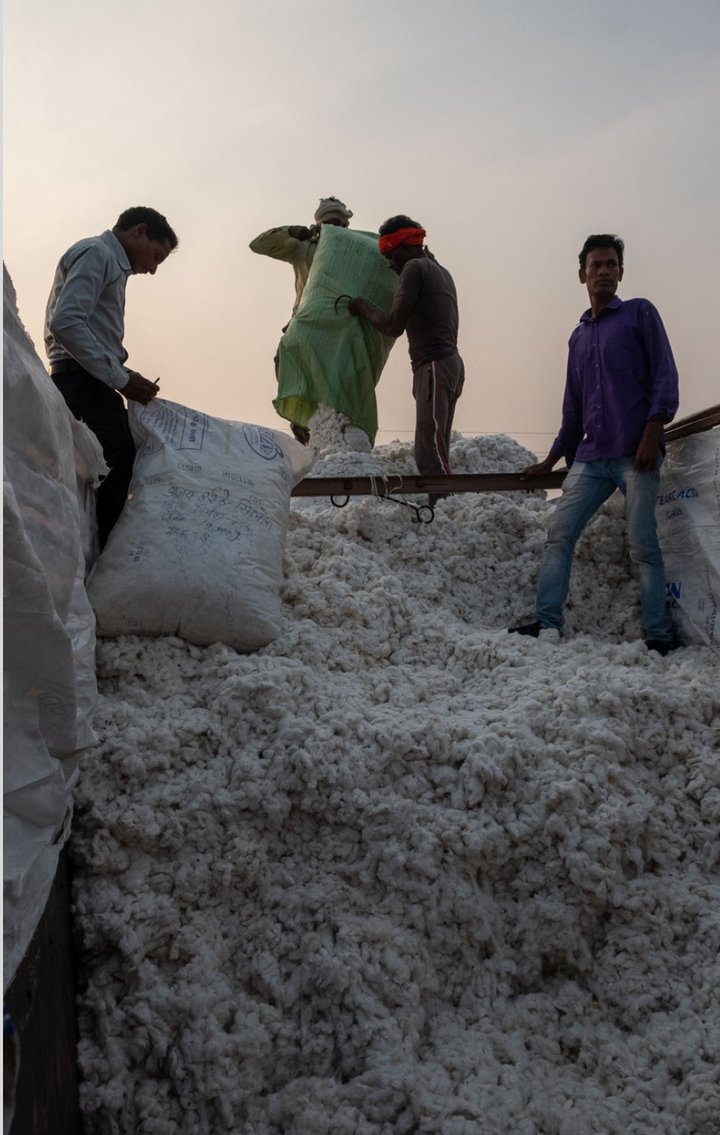lessons learned: To change policy, welcome multiple opinions but establish one voice
To change policy, we have got to form alliances that break the comfortable pattern of only working with the “usual players”.

Unique alliances can spark new solutions that haven’t been thought of yet and increase pressure on decision makers for positive change. But to make sure these ideas are heard and have influence, multiple stakeholders must have one unified voice.
Naturally, when we form these unusual alliances and bring different players together to work collaboratively, they will not always share the same views and may even disagree. When this happens, it is important to make sure everyone is heard. But then we have to move on and find commonalities, rather than dwell on differences.

next steps
To change policy we need to play the long game. Having learned the importance of unity and cohesion, we will continue to support neutral convenors who can listen to stakeholders’ perspectives and align everyone to work towards a common goal. And we will ensure the work is led by local organisations that understand the context and dynamics.
As we move forward, we have hired an advocacy manager in our sustainable materials team to help us build an advocacy strategy in India. We are also commissioning studies across our programmes to help us get smarter about the policy gaps and how we can best play a role in this arena.

Missão Paz
Finding common ground to change policy
Changing migration legislation in Brazil is a particularly challenging area where disagreement is rife. Our partner Missão Paz was one of the leaders responsible for bringing stakeholders from opposing political sides together to pass an important bill on migration. By establishing and focusing on shared priorities, they were able to prevent the collaboration from stumbling at the political hurdle, establish common ground and ultimately create a bill that all parties could support.
Missão Paz co-facilitated a group of 80 civil society organisations to unanimously agree that, at a minimum, the bill needed to secure the role of public defenders, ensure migration was not treated as a criminal issue, and guarantee migrants had the right to due legal process. The resulting legislation, drafted by a conservative senator, was eventually approved by a centre-leaning congress. A week after the approval, the participating civil society organisations published a statement in favour of the new law.

Organic & Fairtrade Cotton Secretariat
Finding unity among many different voices
We have been supporting the Organic and Fairtrade Cotton Secretariat (OFCS) in Madhya Pradesh in coordinating a wide range of organic cotton stakeholders – from farmers to retailers – to prioritise and advocate for enabling policies to improve the cotton industry.
India is a growing democracy with countless social demands coming from different interest groups. As a result, a real challenge when trying to influence government decision-makers is the information overload that they experience. Receiving multiple messages on what needs to be done can paralyse their ability to act.
While the multi-stakeholder groups, non-governmental organisations and seed companies involved in OFCS coordinated their efforts to push for better policies, each organisation had different priorities. We convened discussions to ensure first and foremost that every organisation felt included and heard.
Through this process, members were able to agree on the most important topic to take to the government: the need to improve the availability of non-GMO seeds. Once this was agreed, OFCS was able to speak to the government with a strong singular voice and provide concrete guidance. This helped encourage the government to establish a centre of excellence for
organic cotton and sanction five dedicated organic cotton clusters.